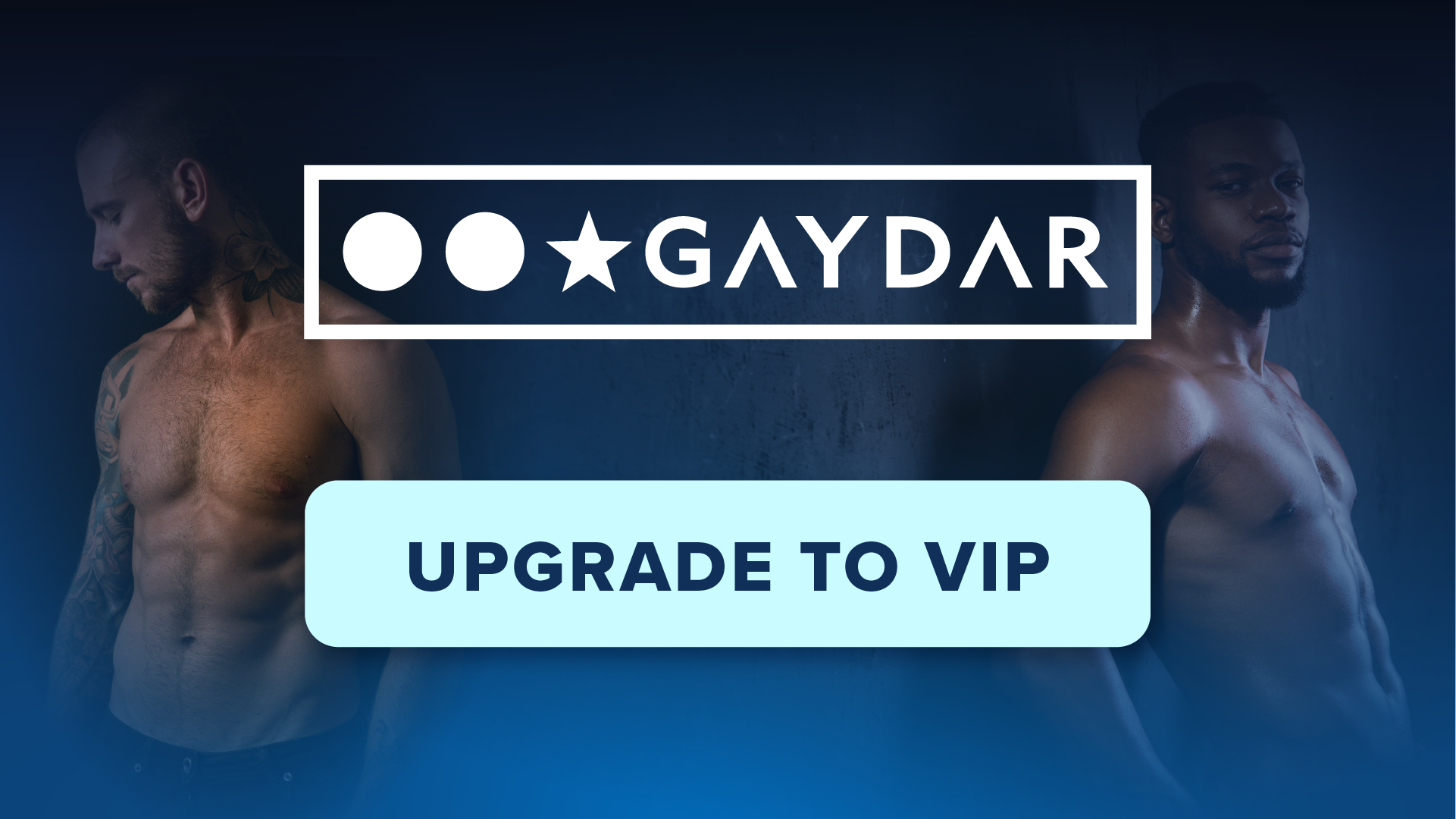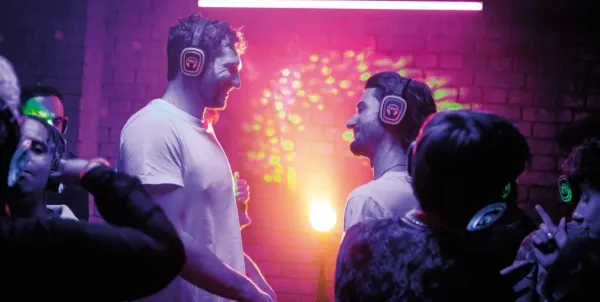Which are the best LGBTQ podcasts?
There's a lot of queer voices competing for your ears - here's some that have caught our attention.

There's a lot of queer voices competing for your ears in the podcast universe. The diversity of LGBTQ shows is impressive, inspiring, and a little overwhelming.
Which queer podcasts should you be listening to? It really depends what you're into and what you're looking for - there's everything from serious news, to queer history, to entertainment, comedy, sex and dating, and anything else that you can think of.
Here's some of the LGBTQ podcasts we're currently listening to.
My Big Gay Podcast
Benji and Brad are two friends, living the single life in London.
The Gossip Gays
Danny Beard and Billy Andrew talk gossip, entertainment, and queer culture.
Demystifying Gay Porn
I. Que Grande interviews the movers and shakers of the gay porn industry.
Homo Sapiens
Chris Sweeney is the host of this long-running podcast, having in-depth conversations with interesting people.
How To Date Men
Dating app Gaydar.net presents this podcast that explores the world of dating, relationships, and intimacy.
Naked Men Talking
Gareth Johnson talks to men about naturism and the power of getting your clothes off.
Snowballing
Ming - who performs as drag queen, Minhi Wang - is originally from Australia but now lives in Toronto. He's sharing his chaotic adventures with the world.
WanderCast
Nicola and Gareth tackle issues big and small.
Dan Carter on Naked Men Talking
Gareth and Ming on Snowballing
What's the best way to promote a podcast?
A good starting point is to ask yourself some questions. This is a useful exercise to help you clearly articulate what your project is and what you’re trying to achieve.
What’s the podcast about?
Maybe the podcast is just you talking about whatever is on your mind - that’s okay, but generally podcasts work if they’ve got a bit of focus.
How would you describe your podcast to someone? What will your audience be listening to when they tune in?
Who’s the audience for the podcast?
It’s essential that you have a clear understanding of who you think will most connect with your podcast. How old are they? What sort of jobs do they do? Where do they live? Are they single, dating, in a relationship? Are they passionate about specific topics? Is there a gender-bias?
The more you can understand who you are aiming your podcast at, the easier it is to ensure that you’re delivering what your audience wants.
What’s the target engagement or response?
How do you want your audience to feel when they’re listening to your podcast? Would you like them to take any specific action?
For example, if your podcast is about wine, you might want them to feel entertained, informed, and to consider buying the wine that you’ve featured. If you’re a comedian, you might want them to be entertained so much by the podcast that they’re more likely to come and see one of your live shows.
By having the target reaction of your audience in mind, that will help ensure that what you’re creating is delivering on your objectives.
How frequently will the podcast be produced?
Producing a podcast takes time and energy. How much time are you going to be able to dedicate to your podcast? Will it be once a week? Once a month?
Try and set yourself a realistic schedule that you can stick to. Aim for consistency, not just randomly releasing a new podcast whenever you get around to doing it.
How will the podcast be distributed?
There’s a lot of competition out there in the podcast world. What platforms will you be using to make sure that you are reaching your target audience?
What are some of the podcasts that you’d like to emulate?
Learn from the successes and mistakes of others. The podcasts you like might be tackling completely different topics to yours, but try to identify what you like about them - what can you learn from them to make your podcast as appealing as possible?
How does your target audience connect with podcasts?
The more you know about the behaviour of your target audience, the easier it will be to reach them.
Are there specific blogs, or apps, or brands that connect strongly with your target audience? Take your lead from those.
What’s your brand strategy for the podcast?
Once you have a clear understanding of what your podcast is and who your target audience is, then the next challenge is how to let your target audience know about your podcast.
In this example, we’re going to look at how you might use Instagram to promote your podcast.
What’s your current presence on Instagram?
You’ve probably already got an Instagram account of some description. One of your first decisions is whether to just use your personal Instagram account to promote your podcast, or whether to set up a specific one just for the podcast.
Your personal Instagram is a great way to encourage your existing network to listen to your podcast, but generally it’s also a good idea to set up a specific Instagram account for your podcast.
Managing multiple Instagram accounts is easy to do on your phone, and it will give your podcast a clearer brand and a clearer voice.
We’ve talked about doing some research on those podcasts that you want to emulate. This is a good example of where that research can be put to practical use. How are those podcasts currently using Instagram? What can you learn from them?
A starting point is to ensure that your Instagram presence reflects the brand of your podcast and helps to convey what the podcast is about.
You also need to be relentlessly focused on ensuring that your Instagram activity is engaging with the target audience for your podcast.
Some of the Instagram features that you might want to consider when it comes to promoting your podcast include:
- Video posts - these offer a different style of engagement to photos, and might complement the verbal nature of a podcast.
- Live video - a push notification is sent to your followers when you start a live video on Instagram. This type of visual engagement potentially complements the verbal nature of a podcast. Check out this guide on how to create live video.
- Instagram stories - these work a bit like Snapchat and provide you with another way of engaging with your followers and the target audience of your podcast. Check out this guide to using stories.
- Create a channel on IGTV. This might be a useful way to continue to build the visual elements to complement the verbal strengths of your podcast. Check out this guide to using IGTV.
- Turn posts into ads. You’ll need a business profile in order to do this, but Instagram is a profit-driven platform. If you’ve got some money to invest in promoting your podcast then Instagram ads can help you get your content seen by your target audience. Check out this guide on how to turn your posts into ads.
The NSFW edition
If you want to admire some man-on-man action, our NSFW edition gives you every inch.
Sign in and check out our NSFW content - it's free!

How's Your Gaydar?
Connect with guys near you.













